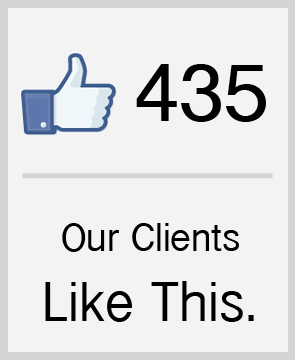 | Greetings! | |
Employee coaching has become increasingly important to organizations. Read on to discover ways to formulate a culture of coaching which enhances employee performance.
- Ann Clifford, President
|
|
|
Dos & Don'ts
If an internal coach breeches an employee's trust on a personal matter, can the employee sue my company?
(Answer provided at the end of the newsletter.)
|
|
The Case for Coaching
Business results were 21 percent higher for companies whose executive leadership embraced coaching, according to a recent study by Bersin & Associates. Employee results were 39 percent higher when businesses reported "excellent cultural support for coaching." To improve company results (market share, costs, and financial performance) and employee results (productivity, engagement and customer satisfaction), begin forming a culture of coaching with the following four commitments:
- Top management embraces coaching.
- Advocates "evangelize" coaching with performance-based programs.
- Managers understand the impact of coaching and learn critical coaching skills.
- HR creates a supportive environment that measures and teaches coaching.
The power of coaching is that it "gets people to look forward", versus exclusively looking backward at past behaviors. Employees become engaged in their potential for success, and thus more productive.
|
3 Traits of Effective Manager Coaches
Coaching is an effective way for managers to develop and maintain organizational structure, set individual and team goals and to evaluate performance. While coaching may come naturally to some leaders, most managers benefit from development training. Bersin & Associates identifies three key traits to be developed:
- Engage in active listening.
- Reinforcing desired behaviors in others.
- Asking open-ended questions.
While these traits can be taught, it is wise to assess incoming managers for the behaviors on the front end before hiring or promoting to a manager role.
|
Safari Interview Tip To evaluate "coachable" in a candidate, ask "Tell me about a big mistake you made at work, how you resolved it, and how you presented the issue to your boss?" The answer may reveal whether the person is open to honest feedback and whether they are accountable for their own actions.
|
Answer to Today's Dos & Don'ts
If an internal coach breeches an employee's trust on a personal matter, can the employee sue my company?
Answer:
The reality is that in this day and age, anyone can sue for anything. A good rule of thumb is to keep the coaching relationship completely professional and to require the coach to document all interactions.
|

|
Join us on Facebook to stay
current with hiring trends.
(Click the "Like" button to the left.)
|
|---|
|